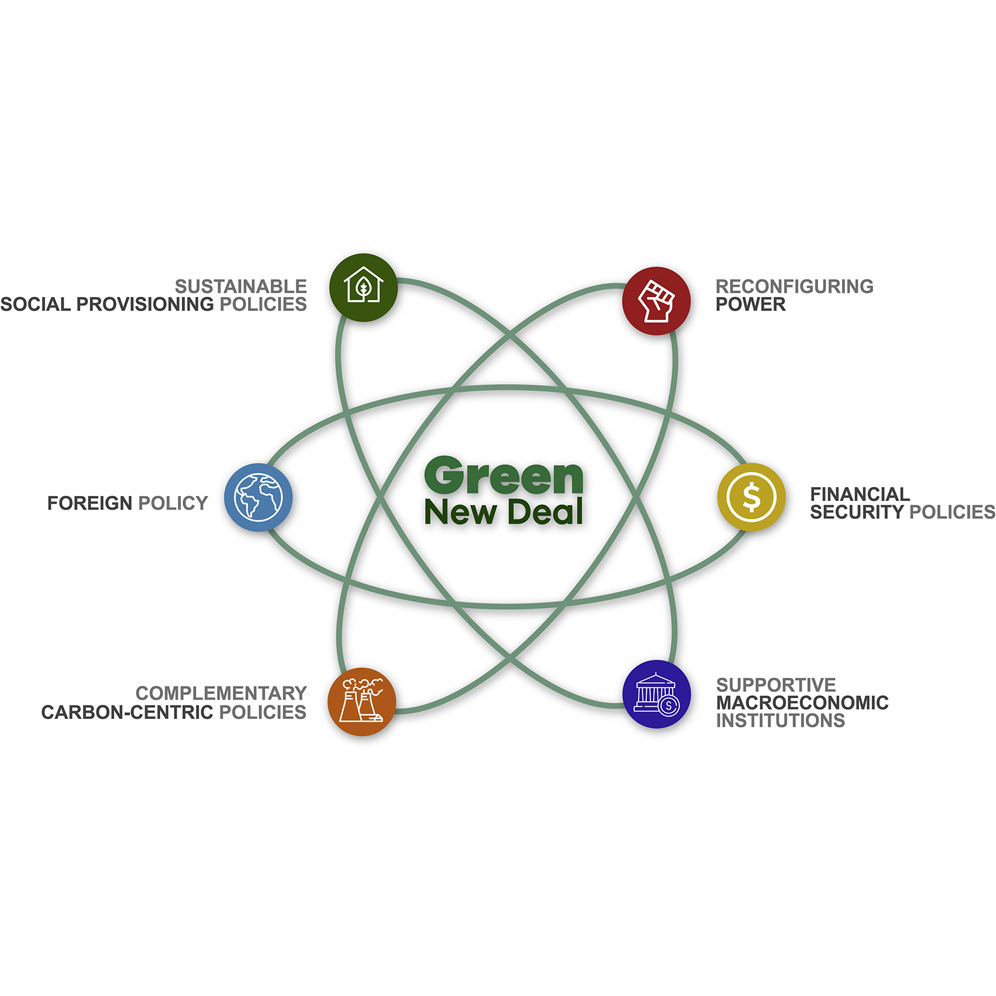One Earth, Volume 5, 17 June 2022
Recent proposals in the US and elsewhere aim to tackle climate change and socioeconomic inequalities together through a Green New Deal (GND). GND proposals have been criticized by high-profile advocates of carbon-centric climate policies—advocates who do not perceive socioeconomic inequalities to be significant drivers of climate change and who argue that GNDs’ wider agenda will undermine decarbonization efforts.
eBioMedicine, Volume 80, June 2022
Journal of Trace Elements and Minerals,
Volume 1,
2022,
100004
The Lancet Global Health, Volume 10, June 2022
Background: An alarming number of public health-care facilities in low-income and middle-income countries lack basic water, sanitation, hygiene (WASH), and waste management services. This study estimates the costs of achieving full coverage of basic WASH and waste services in existing public health facilities in the 46 UN designated least-developed countries (LDCs). Methods: In this modelling study, in-need facilities were quantified by combining published counts of public facilities with estimated basic WASH and waste service coverage.
The Lancet Infectious Diseases, Volume 22, June 2022
The Lancet Global Health, Volume 10, June 2022
The Lancet Infectious Diseases, Volume 22, June 2022, P845-856
Current Problems in Cancer, Volume 46, June 2022

